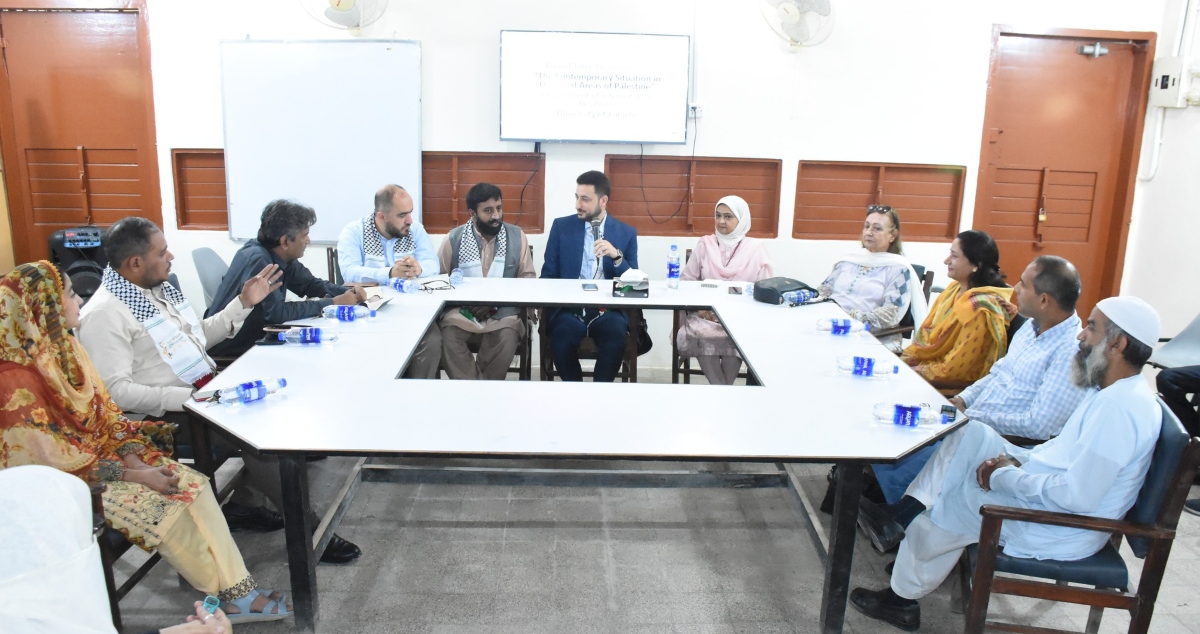
By M Alam Brohi
Pakistan, since inception, has been ever having a troublesome relationship with Afghanistan notwithstanding the complexion of the government in Kabul. Though Siamese twins with a sizeable Pashtun population across the Durand line bound with each other by blood, linguistic, cultural and spiritual links, and economic interdependence, the Afghan leaders, nevertheless, have shown hostility to Pakistan. Obstructing the membership of Pakistan in the UN; repudiating the Durand line as the international border; supporting the bogey of Pakhtunistan; harboring Baloch nationalists; allowing India to use their land to subvert Balochistan; providing sanctuaries to the TTP with leeway to carry out militant attacks across the border are a few instances of the Afghan hostility to our country.
I wonder whether we had failed to understand the history, traditions and customs of the Afghan people reflected by our Afghan policy. Did we lack in respecting the independence and sovereignty of our western neighbour by not treating it on equal footing while dealing with it over the decades? Was the principle of the equality of sovereign states missing in our interaction with Afghan leaders? Were we really seeking strategic depth in Afghanistan? Were we, as Afghan leaders claim, treating Afghanistan as a satrap land? These are a few questions which come to mind while carefully reviewing the statements of the Afghan leaders that need to be probed and answered honestly for course correction, if any.
Since the early 1980s, Pakistan remained too enmeshed in the Afghanistan conundrum compounding its troubles. The mindless plunge of General Zia’s military regime in the holy crusade against the godless communists in Afghanistan created imbalances in all the policy domains particularly in the foreign and security policy of the country re-orienting our bilateral relationships with the two superpowers of the time, the Arab world and the neighbours rendering our land germane to growth of political Islamists, militancy, terrorism, separatism, violent political movements, weaponisation of the society and Talibization. We have not since been able to extricate our country from this quagmire nor did the circumstances surrounding the Afghan territory allow us to review and make substantial changes in our Afghan and security policy. The withdrawal of the Soviet troops from that luckless land should have come as a break in our involvement in Afghanistan’s messy situation. But the emergence of the Afghan Taliban in quick succession was too tempting to do so. We naively considered this rogue militia as the legitimate alternative to political, constitutional and representative governance in our neighborhood. We didn’t have an idea or we deliberately remained in denial state as how the Taliban rule would impact the budding political Islamism and the active Islamic militant groups in our own country. Within a couple of years, we witnessed the outcome of the rogue Taliban rule attracting the wrath of the sole superpower.
How long and in what way did we suffer after the attack of Afghanistan by the NATO coalition forces? It reveals the tragic failure of our Afghan foreign and strategic policy. We could not withstand the pressure of the American leadership and reluctantly became partner of the invading NATO forces. We encountered the worst kind of militancy and violence in our country losing over 80,000 innocent lives and got martyred thousands of our security personnel. Even then, we tolerated militants groups and factions of Taliban on our land despite the US reservations and protests. We had made heavy investment in the Taliban with naïve hopes for a proxy rule over Afghanistan. We remained at loggerheads with the four elected Afghan governments of President Hamid Karzai and his successor Ashraf Ghani. They were weary of the presence of Taliban on our territory like their American patrons. Our Afghan policy did not address their concerns.
We expected Afghan leaders and the Western world to kowtow and recognize our sacrifices and our generosity of hosting millions of Afghans and facilitating the Afghan transit trade which we were bound to do by bilateral and international agreements. We forgot that this was not the pressing problem of the Afghan leaders. Their problem was to disrupt and defeat the Taliban and they held us responsible for the resilience and indestructibility of the Taliban. We were blamed for double game. This is the impression at least which the US and Afghan leaders were having. They had no sympathy about our sufferings in terrorism.
Over a period of twenty years in war, and exposure to the world, the Taliban were also acquiring sophistication in political and diplomatic acumen and military strategy. They were creating political and strategic leverages against all the regional powers involved in the Afghan war. They had established close links with the militant organizations and groups in tribal regions of Pakistan, Xinjiang, and the Central Asian States of Uzbekistan, Tajikistan and Kyrgyzstan. However, they were concentrating on the tribal regions of Pakistan for obvious reasons. The erstwhile Mujahidin had a sort of affinity with these regions particularly the North and South Waziristan where they were allowed to settle down and make families after the withdrawal of the Russian Army from Afghanistan. These former Mujahidin were instrumental in creating TTP. All the countries concerned including Pakistan knew the growing links of the Taliban with the militant organizations.
We were not wise to believe that the Taliban would take cudgels against the TTP after the withdrawal of the NATO forces. The TTP had been providing support to the Taliban in their foray in the Afghan border regions. Now, after the takeover of the country, it would be strategically disastrous for the Taliban to create a front for itself in the current delicate security situation within their land. It was a strategic blunder to sign an agreement with the TTP at the promptings of the Taliban to allow their commanders to reunite with their families particularly when we knew the treacherous character of this rogue militia. There are reportedly over twenty militant groups operating in Afghanistan. The Taliban would deal with them according to their strength, strategy, interests and time – and not toe Pakistan’s policy. They consider TTP as an internal issue of Pakistan.
The TTP has apparently established nexus with Baloch insurgents and religious militant groups in the former tribal regions and Balochistan. They have to be disconnected from these groups by a combination of kinetic and political strategies. The threats of retaliation would not browbeat Taliban. It would be strategic bankruptcy to think of hot pursuit into Afghanistan. Pakistan cannot afford to heat up its western border. We should concentrate on disrupting and defeating TTP within our territory and further strengthening our border security. This is a serious security threat and needs to be addressed in a holistic way combining the political and strategic forces of the country to rid our land of the ever menacing militant and terrorist groups. The problem should top the agenda of the security forces.
The writer is a senior analyst, author and former ambassador.










Well done 👍
Thought-provoking piece. It’s indeed hightime that we should deal with TTP with all the force to finish this menace once for all
Very informative, though it’s an alarming situation and a wake-up call to our nation, especially for politicians…..
Good 👍
Great 👌
Fair analysis of situation
Spot on! true picture of Pak-Afghan situation!
Excellent piece of writing!